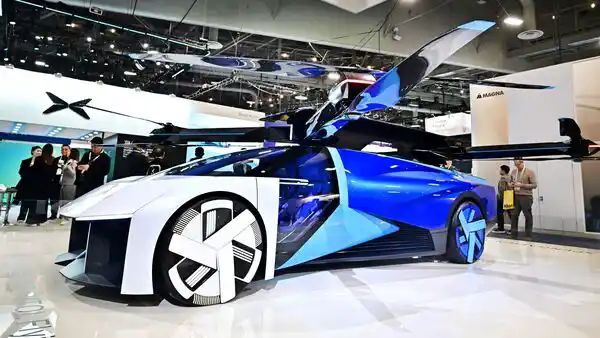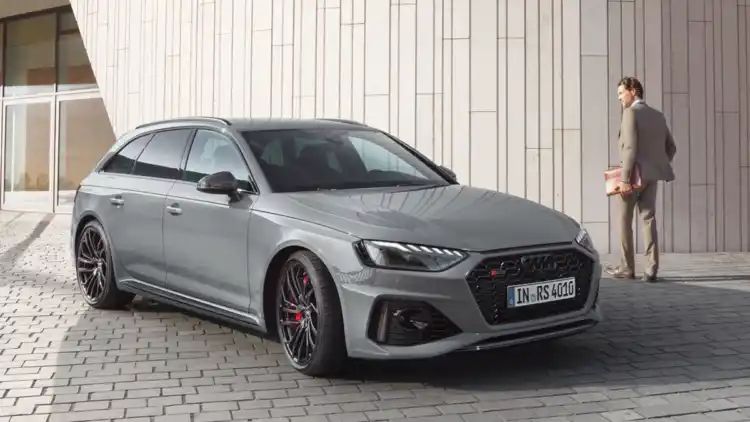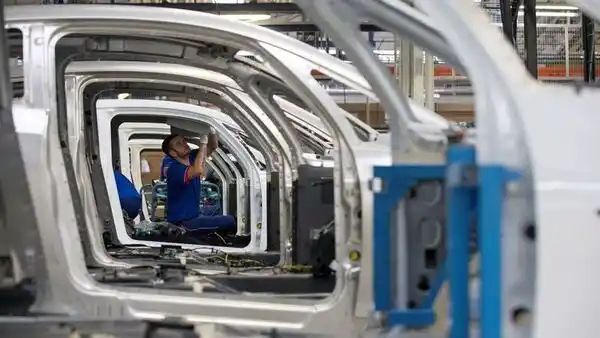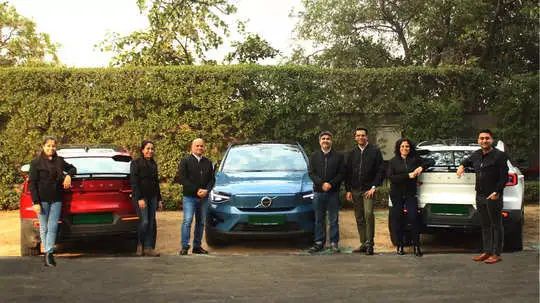In China, it is a ‘bloody sea’ of competition between electric car makers

There is trouble brewing in the world’s largest electric vehicle (EV) market. And while China still leads – and by a large margin – in the sheer number of electric cars sold in the country as against any other country in the world, sales in January were down from figures just a month earlier.
With a long list of local brands competing against a fairly long list of global brands, the fight is not just on, it is fierce.
Local manufacturers like BYD, Xpeng and NIO are formidable players within the Chinese mainland market. And each of these brands have also been looking at spreading wings and crossing over to overseas markets. BYD in particular is in top gear and now has an equal share in the global EV market as Tesla – combined figure of around 35 per cent. But even as global brands dash to offer cheaper yet feature-rich offerings in their home markets, the Chinese companies are coming in and coming in hot.
But what’s happening in the Chinese market? The growth of EV sales are expected to slow down the world over and the maximum impact of this may be felt in China.
The curious case of China’s EV market
The Chinese economy is slowing and subsidies on EVs just aren’t what they were before. Around 200 billion (approximately $28 billion) were spent on EV subsidies in the country between 2009 and 2022. Many experts say it just cannot be sustained. In 2022, the country saw sales of around six million EVs and this was half of global sales in the year.
But there are strong indications that the rise in EV sales here will slow down as the nature and scale of subsidies are not what they were previously.
The alarm bells aren’t ringing just yet but chimes of concerns are buzzing for sure. Xpeng has announced it will hire 4,000 personnel in China in 2023 and will invest millions into developing artificial intelligence (AI) technology in a market it has described as a “bloody sea” of competition.





